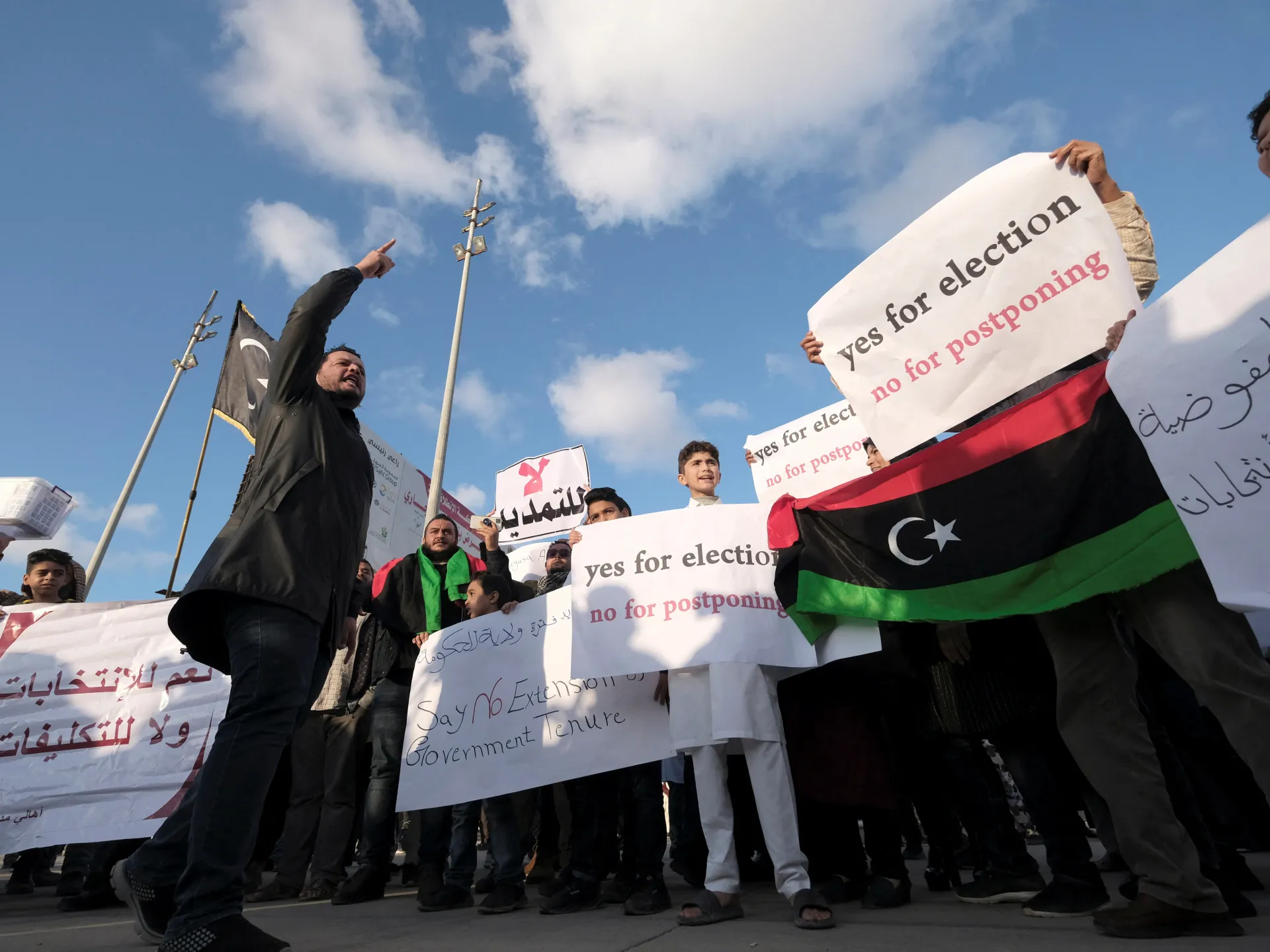
Voting for municipal elections took place in Libya on Saturday, a process seen as a crucial test for democracy in a nation plagued by years of instability. The elections were marked by tight security and a number of delays and irregularities in several locations.
The municipal elections were originally scheduled to occur in 63 municipalities across the country, but a number of issues led to widespread delays. The High National Election Commission (HNEC) had already suspended elections in 11 municipalities, mainly in areas controlled by military strongman Khalifa Haftar, citing irregularities such as unexplained halts in voter card distribution.
On Saturday, the HNEC announced the postponement of voting in seven more municipalities, including those in the Zawiyah, Surman, and Sabratha areas, following arson attacks that destroyed electoral materials in some locations. A UN Support Mission in Libya (UNSMIL) statement also condemned the attacks, calling them a “grave assault on the electoral process.”
The voting highlights the deep-seated divisions that have plagued Libya since the 2011 NATO-backed uprising that overthrew longtime leader Moamer Kadhafi. Since then, the country has been split between two rival governments, one in Tripoli and a rival one in the east, which is backed by Haftar.
The UN-recognized government in Tripoli, led by Prime Minister Abdulhamid Dbeibah, had a heavy police presence deployed for the elections, which included the capital. Despite the chaos, some Libyans see the elections as a vital step forward.
A 62-year-old architect in Tripoli, Sami el-Tajuri, said the act of voting makes him “feel useful,” expressing frustration that many Libyans in the east cannot vote. For many, the elections are seen as a way to gain local representation and determine how government funds are managed.
Libya has struggled to establish a stable electoral process since Kadhafi’s fall. The country’s first free elections were held in 2012, followed by nationwide municipal elections in 2013 and legislative polls in 2014.
However, these elections were also plagued by renewed violence and low voter turnout. For some residents in western municipalities, this weekend’s vote was the first chance to participate in a local election since 2014.
